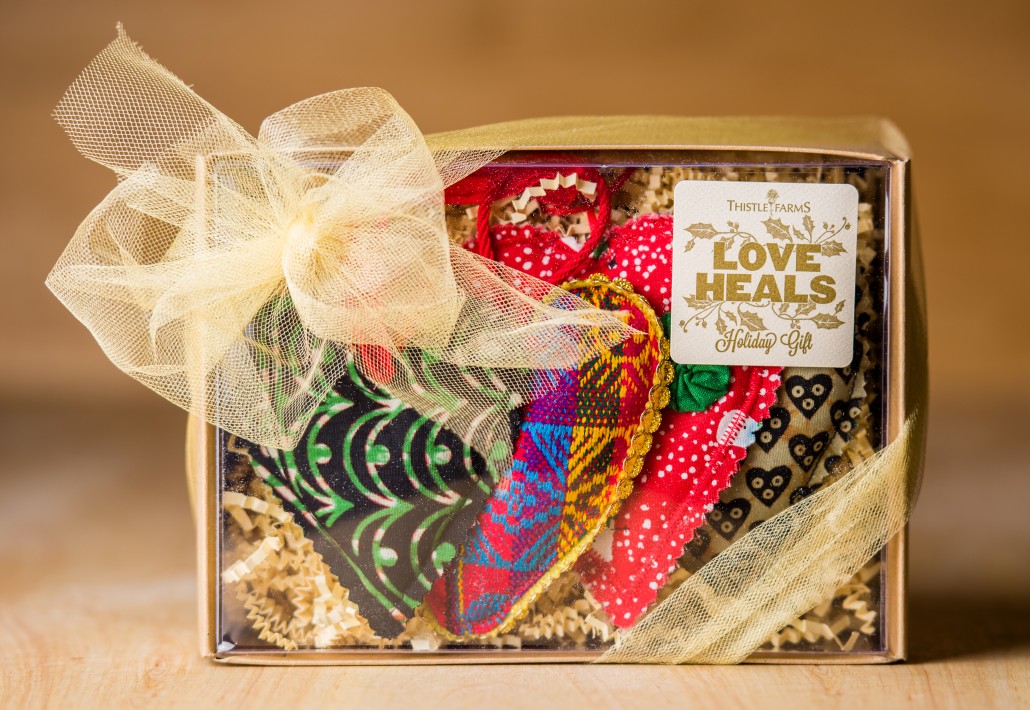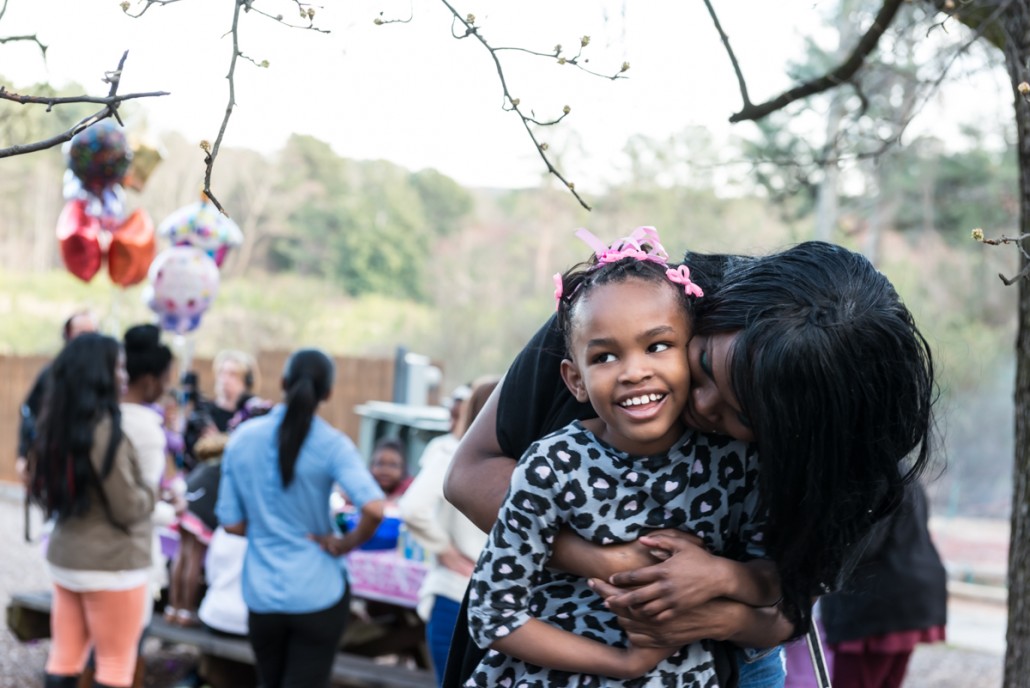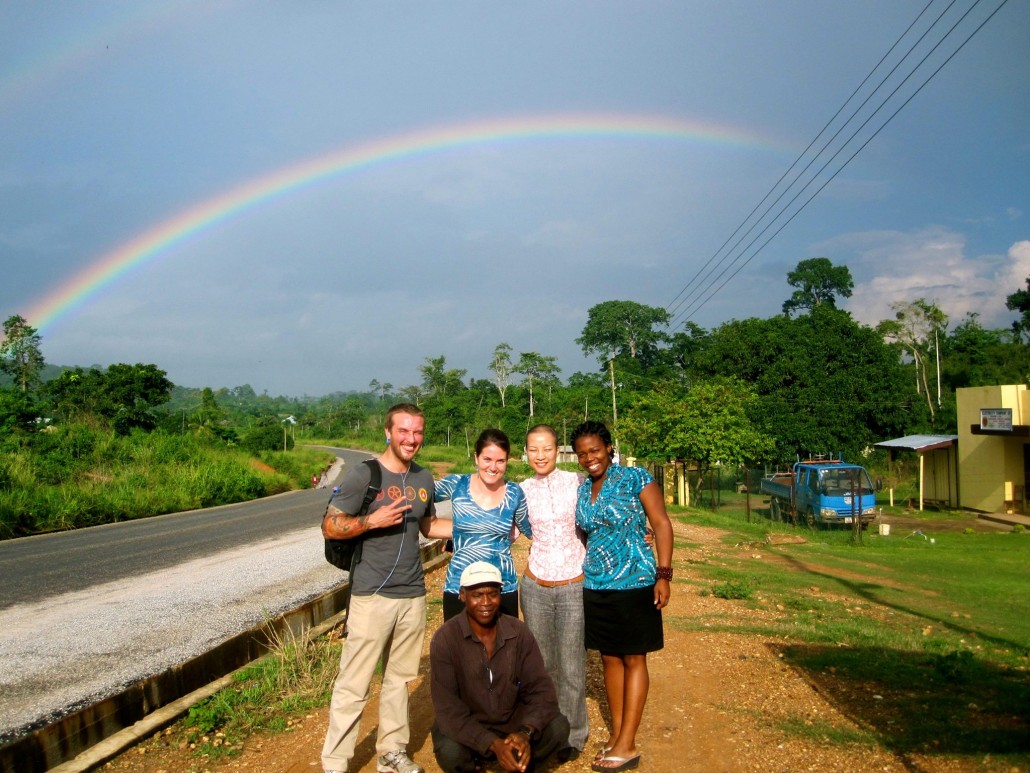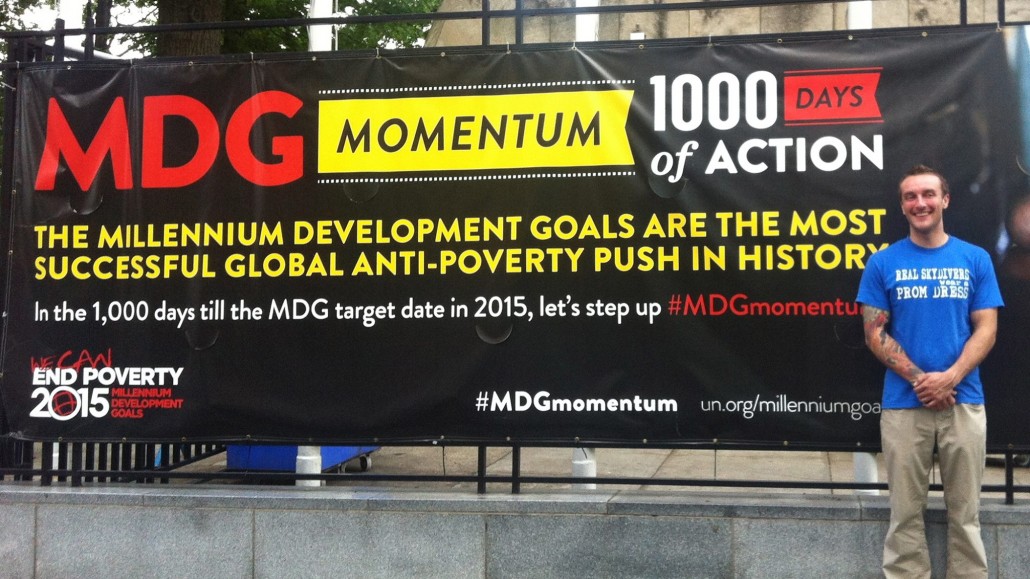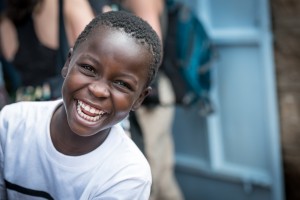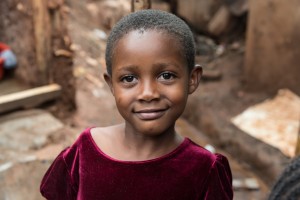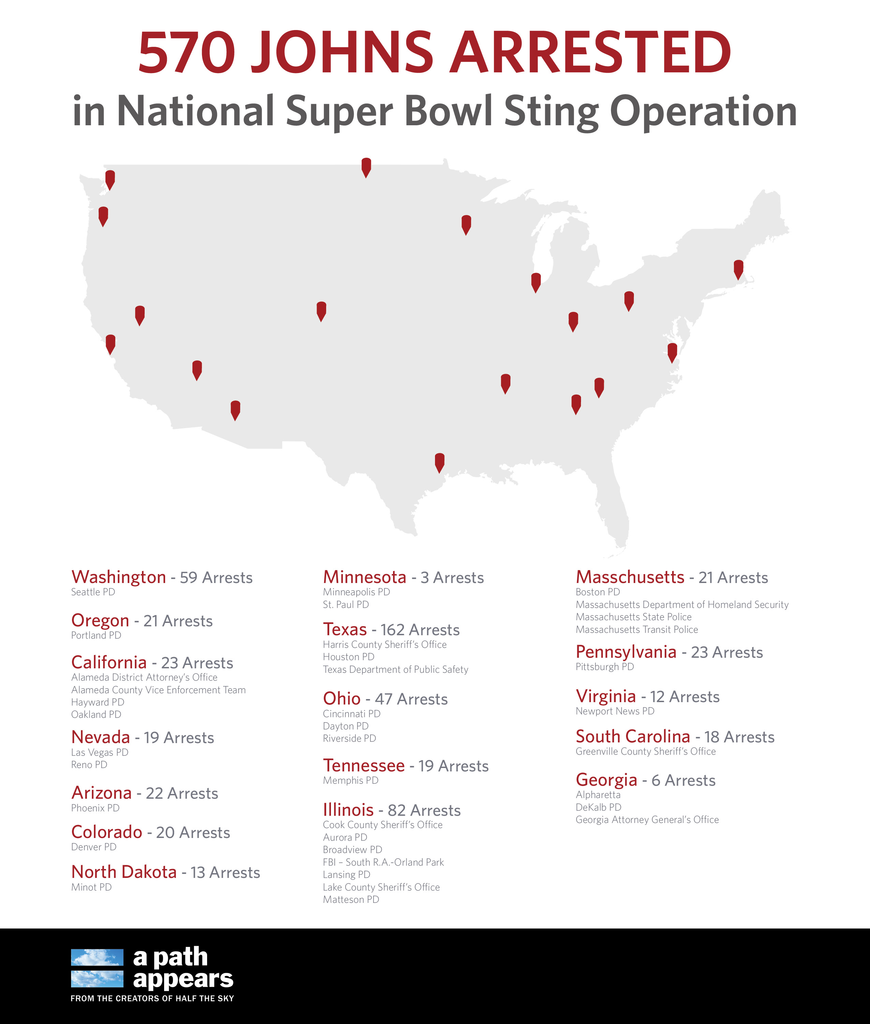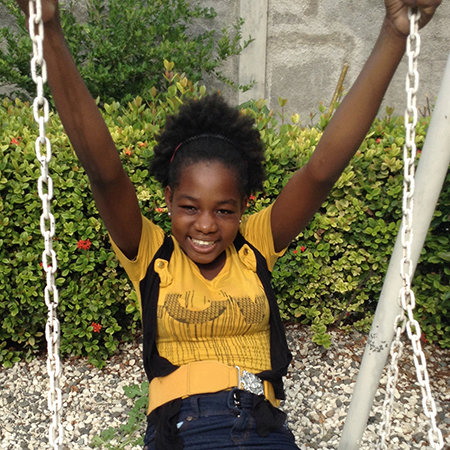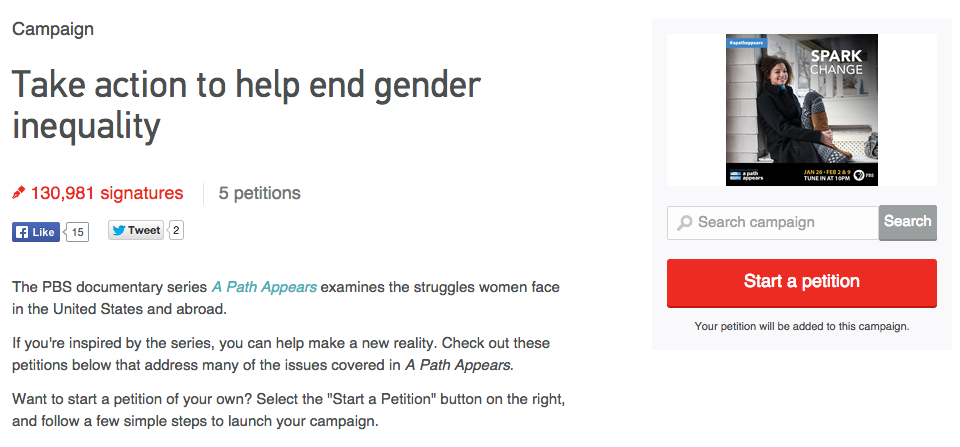For the Love of Giving: A Holiday Gift List that Transforms Lives
The holidays can be a difficult time for survivors of violence and oppression, but this giving season you can make sure your gifts will be extra thoughtful. Whether you buy gifts for families rebuilding their lives or gifts that keep on giving, our partner organizations have an array of options that will fit your giving mantra this season. Here is a list we hope you’ll check more than twice!
Fundación Juan Felipe Gomez Escobar (Colombia) - Grant a scholarship to a teen mother and help transforms her and her child’s future. With this scholarship you help one of our teen mothers to receive vocational training, psychological, nutritional and medical care. By providing them education you are investing in their future and their children’s, enabling them to have a formal job that helps them generate a stable income and to become economically independent woman. Click here to grant a scholarship: https://juanfe.org/en/donations.
Thistle Farms - Their social enterprise employs residents and graduates of their residential program. They operate a natural bath and body product line, the Thistle Stop Cafe, the Studios Workshop and Shared Trade Global Marketplace. Housed in an 11,000 sq. ft. facility in Nashville, Thistle Farms is a supportive workplace where women acquire the skills they need to earn a living wage. They employ 45-50 residents or graduates, and through their Shared Trade partners, another 1,000 women are employed. Click here to view their holiday collection: http://thistlefarms.org/collections/holiday-2015.
My Life My Choice - This holiday season help My Life My Choice give their amazing and brave kids the gift of love. Small or big your generosity will put smiles on their beautiful faces. Their holiday wish list provides basic needs for the children in their program who are fighting against exploitation. Click here to view their list: http://bit.ly/1XEfLYy.
Restavek Freedom (Haiti) - You can transform lives and help to end child slavery in Haiti through a gift to the Greatest Need FREEDOM Fund. They’ll use your gift where it will have the most impact. They have helped to improve the lives of thousands of children and reached well over one million people in Haiti. Click here to access their online store: https://restavekfreedom.org/estore.
Save the Children - Help break the cycle of poverty for U.S. children today. Save the Children helps children by providing access to early childhood education, books and reading programs, physical activities and after-school nutrition. You can choose a Book Bag Exchange to boost literacy and future success or Stock a Library in the U.S. to benefit generations of children. And there’s much more to choose from in their holiday catalog! Click here to view their selection: http://bit.ly/1PYCxuU.
Shining Hope For Communities (Kenya) - SHOFCO’s Sponsor a girl program makes you a key part of the powerful support team behind the students at our free schools. Beyond the cost of a superior education, sponsorship provides for a child’s nutritional, medical and other basic material needs. Through this sponsorship program, you (or your gift recipient) will receive a photo, letter, and update on your student’s progress in school twice a year. Another gift suggested by SHOFCO is their founders new book, Find Me Unafraid, which tells the unlikely love story between two uncommon people whose collaboration sparked a successful movement to transform the lives of vulnerable girls & the urban poor.

